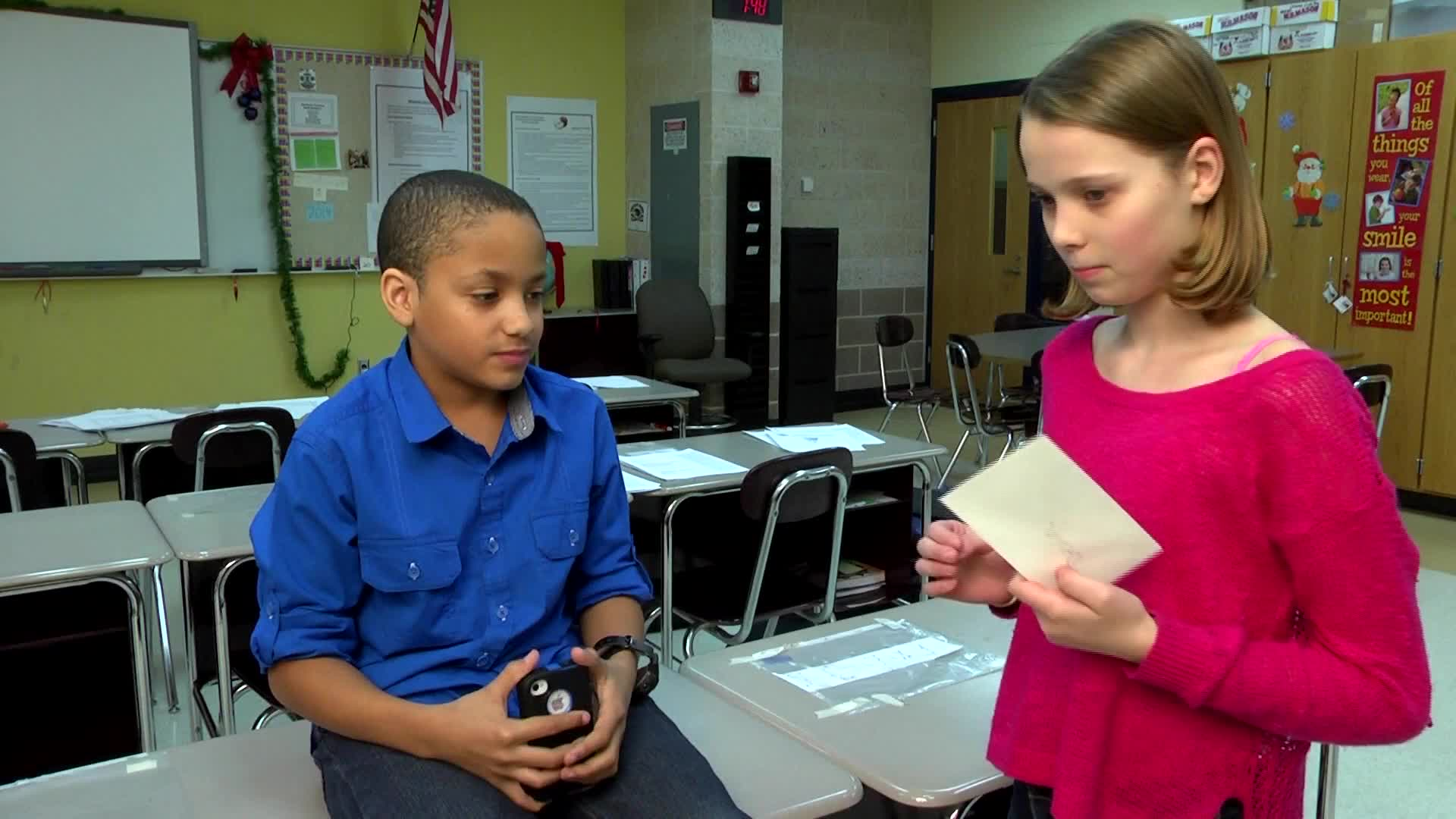
Introduction
As educators, we want our students to develop strong social skills that will help them navigate through various social situations. One such skill is the ability to politely decline invitations when they don’t want to or can’t attend an event. This blog post will provide an overview of this skill, present a no-prep activity, discussion questions, and related skills, as well as provide resources for educators to use in their classrooms.
No-Prep Activity
This activity will help students practice being polite when declining invitations. It requires no preparation or materials from the educator. The activity involves role-playing scenarios where students can practice politely declining invitations.
- Divide the students into pairs.
- One student in each pair will play the role of the inviter, while the other student will play the role of the person declining the invitation.
- Provide each pair with a scenario in which an invitation is being extended (e.g., a birthday party, a playdate, or a sleepover).
- Students should practice the conversation, with the person declining the invitation using polite language and showing respect for the inviter’s feelings.
- After a few minutes, have the students switch roles and practice with a different scenario.
This activity allows students to practice using polite language and considering the feelings of others, which are essential components of social-emotional learning.
Discussion Questions
After completing the activity, use these discussion questions to stimulate further conversations about politely declining invitations:
- Why is it important to be polite when declining an invitation?
- How do you think the inviter feels when their invitation is declined politely as opposed to rudely?
- What are some phrases or words you could use to politely decline an invitation?
- How can you show appreciation for an invitation even if you can’t attend the event?
- Can you think of a time when someone declined your invitation? How did their response make you feel?
Related Skills
Teaching students how to politely decline invitations is just one of many social skills that can be nurtured in the classroom. Other related skills that educators can incorporate into their lessons include:
- Active listening
- Empathy and understanding others’ feelings
- Respecting personal boundaries
- Assertiveness
- Conflict resolution
Next Steps
As an educator, you play a crucial role in helping students develop strong social skills. To further support your students’ growth, consider signing up for a free sample of skill-building materials from Everyday Speech. These resources can help you continue to foster social-emotional learning in your classroom and create a supportive environment for all students.

